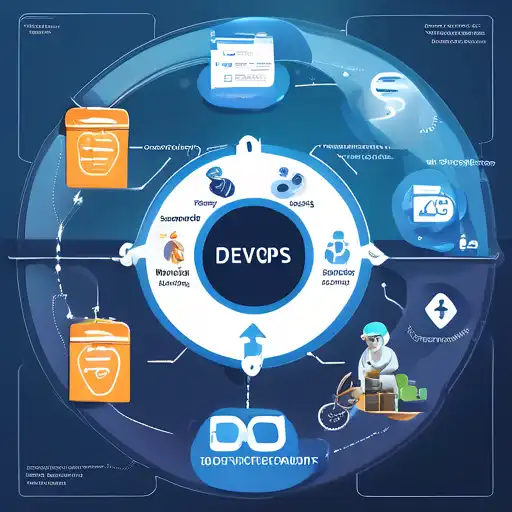Introduction to DevOps in Software Development
DevOps has revolutionized the way software is developed, deployed, and maintained. By bridging the gap between development and operations teams, DevOps practices ensure faster delivery times, improved collaboration, and higher quality products. This article explores how DevOps improves the software development lifecycle (SDLC) and why it's become an essential strategy for modern businesses.
The Role of DevOps in the Software Development Lifecycle
DevOps integrates development and operations teams to streamline the SDLC. This integration facilitates continuous integration and continuous delivery (CI/CD), enabling teams to release updates more frequently and with fewer errors. Automation plays a key role in this process, reducing manual tasks and increasing efficiency.
Key Benefits of DevOps
- Improved Collaboration: DevOps fosters a culture of shared responsibility, breaking down silos between teams.
- Increased Efficiency: Automation tools reduce repetitive tasks, allowing teams to focus on innovation.
- Faster Time to Market: CI/CD pipelines enable quicker releases, giving businesses a competitive edge.
- Enhanced Quality: Continuous testing ensures that bugs are identified and fixed early in the development process.
Implementing DevOps Practices
Adopting DevOps requires a shift in culture and processes. Teams must embrace collaboration, automation, and continuous improvement. Tools like Docker, Kubernetes, and Jenkins are commonly used to support DevOps practices, facilitating containerization, orchestration, and automation.
Challenges and Solutions
While DevOps offers numerous benefits, organizations may face challenges such as resistance to change and tool integration issues. Overcoming these obstacles involves training, choosing the right tools, and starting small with pilot projects.
Conclusion
DevOps significantly improves the software development lifecycle by enhancing collaboration, efficiency, and product quality. As businesses strive for agility and innovation, adopting DevOps practices becomes not just beneficial but necessary. For more insights on optimizing your development process, explore our guide on CI/CD pipelines.
